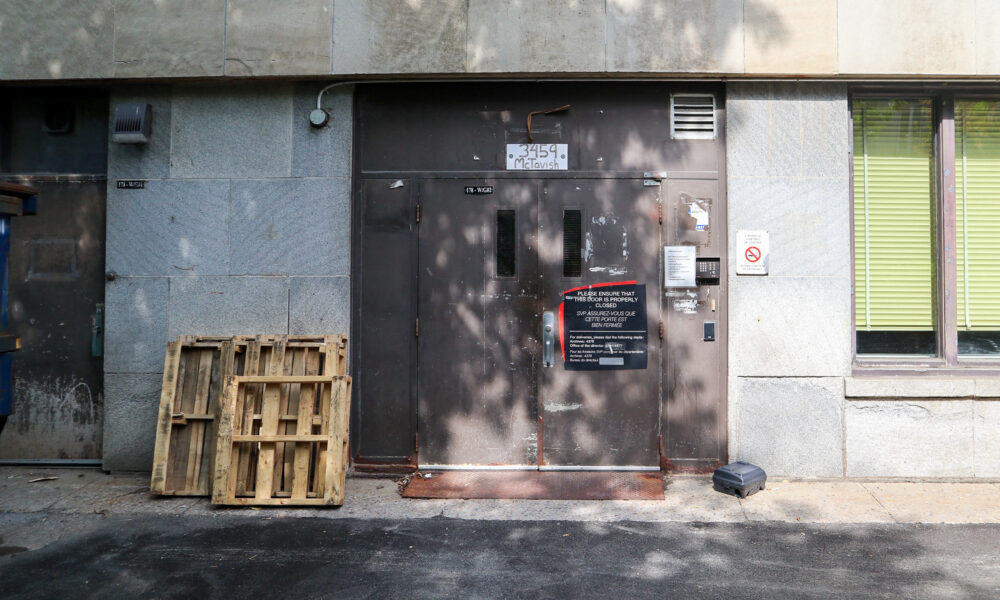McGill’s Student Accessibility & Achievement (SAA) program is responsible for supporting students with mental or chronic health conditions and disabilities, aiming to provide them with resources that remove barriers to their academic success. Following the Quebec government’s $510 million CAD budget cuts to educational support staff across the province, The Tribune has provided an outline of McGill’s SAA program, as well as how the budget cuts may affect it.
What resources are available for students seeking accommodations?
Students with mobility needs can sign up for on-campus parking authorization to make commutes to classes more accessible, or use the adapted transportation van, which picks up and drops off students between buildings on McGill’s downtown campus.
For those seeking accommodations for intellectual disabilities, registering with SAA can provide them with academic assistive technology aligned with their accommodation plans, including in the Exam Centre. For instance, advisors can assist students with finding alternate-format texts, such as braille or vocal recordings.
Without registration, SAA still offers six Self-Directed Learning Guides to help students improve skills like note-taking, time management, and memorization. There are also six directories of assistive technology tools and apps, available to all students, that list resources to support core academic activities such as reading and writing.
None of these services will be affected by provincial budget cuts.
How do I access these resources?
Students must make an appointment with an SAA advisor, wherein they must provide an official medical note listing a disability or diagnosis. If approved, an advisor will help determine what accommodations could improve the student’s university experience.
What are my options for exam support?
Students whose registered accommodation plans include exam support must log into Clockwork two weeks before their exam to review their requests for testing modifications, such as increased time. The program also assists with exam deferrals in instances where students, due to extended time accommodations, are scheduled for more than eight hours of exam writing in one day.
Does SAA offer peer support programs?
SAA offers peer-support initiatives intended to create inclusive and encouraging student spaces. Peer-Assisted Learning is a study program meant to help students practice self-reflection and engage in group discussions facilitated by peer leaders. For Fall 2025, this accommodation is only offered for six introductory courses.
Additionally, the Peer Mentor Program (PMP) provides students opportunities to discuss their academic and career goals with a mentor who is also registered for SAA accommodations.
What have users reported about their experience with SAA?
Some students report that SAA can be inaccessible and unreliable. The program’s requirements for registration may create barriers for students still in the process of receiving a medical diagnosis from the Student Wellness Hub or an outside provider. This can make access to accommodations competitive among those who require them, with a long waitlist for the office.
SAA has also failed to provide its promised services to registered students multiple times, losing their exams instead of submitting them, and failing to ensure online testing software does not cause students technical difficulties. In these cases, students reported that staff members were inaccessible or slow to answer requests for help, causing further distress.
How will Quebec budget cuts affect the program going forward?
In a written statement to The Tribune, McGill’s Media Relations Office (MRO) stated that government budget cuts will not affect SAA and student access to accommodations, since the program’s funding comes from many different sources whose finances, as of now, have not been affected by the cuts.
“Core services remain fully in place because they are essential for students and legally required,” the MRO wrote. “These services are still available and will continue to evolve based on student needs.”









